tobacco tea and Tomato plants?
gurley157fs
18 years ago
Related Stories

EDIBLE GARDENSSummer Crops: How to Grow Tomatoes
Plant tomato seedlings in spring for one of the best tastes of summer, fresh from your backyard
Full Story
EDIBLE GARDENSTake Refuge in an Iced Tea Garden
Cultivate the fine art of lounging in the shade and sipping a cold beverage
Full Story
EDIBLE GARDENSGarden BFFs? Why Your Vegetables Are Begging for Companion Plants
Foster friendships among plants for protection from pests, pollination support and color camaraderie
Full Story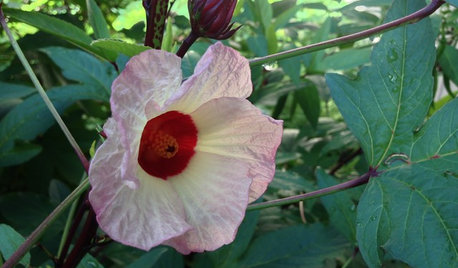
EDIBLE GARDENSGreat Design Plant: Roselle Tantalizes With Beauty and Flavor
Call it a fruit or a flower or a sweet vegetable. This hibiscus is so lovely, all that matters is calling it forth in your garden
Full Story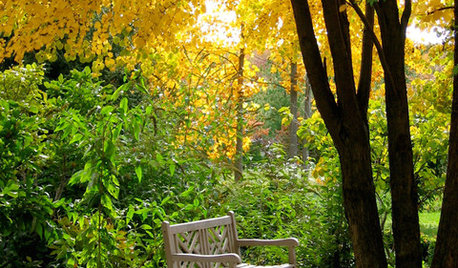
GARDENING GUIDES8 Plants for a Deliciously Fragrant Fall Garden
Scent the autumn air with the perfume of caramel corn, honey and spices by adding these intoxicating plants to your landscape
Full Story
GARDENING GUIDESHouzz TV: Make a Worm Bin for Rich Soil and Happy Plants
A worm-powered compost bin that can fit under a sink turns food scraps into a powerful amendment for your garden. Here’s how to make one
Full Story
HOUSEPLANTS8 Essentials for Healthy Indoor Plants
Houseplants add so much to our homes — and can thrive when grown in the right conditions. Keep these tips in mind
Full Story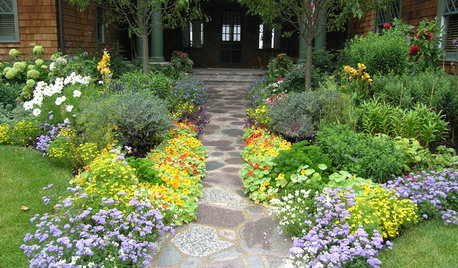
GARDENING GUIDESPathway Plantings That Please the Senses
Add some color, life and intrigue beside your sidewalk with these 7 suggestions
Full Story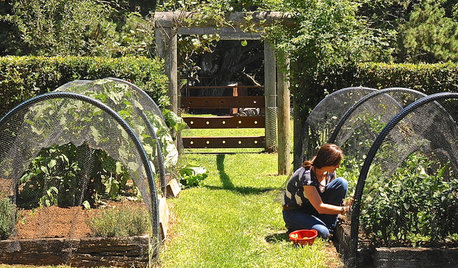
FARM YOUR YARDHouzz Call: Home Farmers, Show Us Your Edible Gardens
We want to see where your tomatoes, summer squashes and beautiful berries are growing this summer
Full Story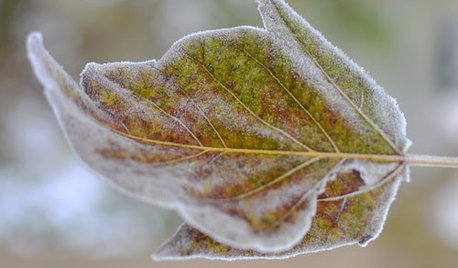
MID-ATLANTIC GARDENINGMid-Atlantic Gardener's February Checklist
Buck up with indoor herbs, stockpiled teas and plans for an eagerly awaited spring
Full Story







Kimmsr
althea_gw
Related Professionals
Wrentham Landscape Architects & Landscape Designers · Clermont Landscape Contractors · Mooresville Landscape Contractors · Farmington Landscape Contractors · Hoffman Estates Landscape Contractors · Homewood Landscape Contractors · Lehigh Acres Landscape Contractors · Nashua Landscape Contractors · Rancho Santa Margarita Landscape Contractors · Woodburn Landscape Contractors · New Carrollton Landscape Contractors · Diamond Bar Decks, Patios & Outdoor Enclosures · Novi Decks, Patios & Outdoor Enclosures · Reisterstown Decks, Patios & Outdoor Enclosures · Statesville Decks, Patios & Outdoor Enclosuresbyron
good_gardening1
byron
gardengal48 (PNW Z8/9)
good_gardening1
Kimmsr
althea_gw
althea_gw
byron
Kimmsr
good_gardening1
byron
gurley157fsOriginal Author
Kimmsr
good_gardening1
byron
gurley157fsOriginal Author
Kimmsr
byron
good_gardening1
maytagnewfoundland
mikecentralnj
Kimmsr
Pro4_u_yahoo_com
Terry Elwell
kimmq
B Sheppard
gardengal48 (PNW Z8/9)